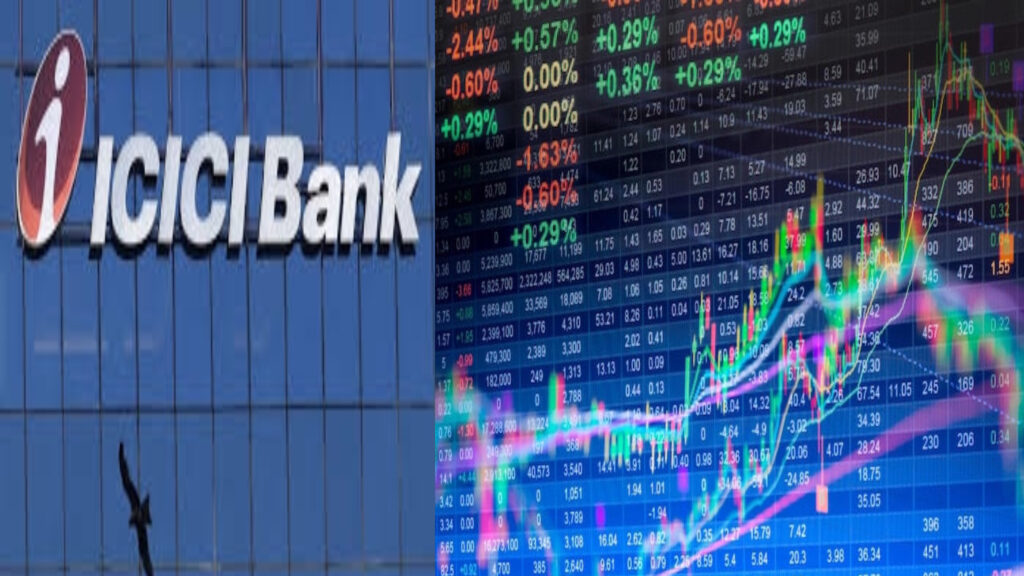ICICI Bank and HDFC Bank, two prominent private lenders in India, have garnered positive sentiments from analysts, yet there is a divergence in preference among brokerages. ICICI Bank appears to be the favored choice for some, citing it as the lowest-risk play on domestic macros, while HDFC Bank is not without its strengths.
One key point in favor of HDFC Bank is its competitive edge in deposit growth and liquidity coverage ratio (LCR), although it has faced challenges in these areas recently. InCred Equities highlights that any potential deposit rate hike by HDFC Bank could impact ICICI Bank’s market share. Additionally, HDFC Bank boasts superior access in unsecured retail and SME/MSME loans, thanks to its extensive branch network and enhanced reach in rural and semi-urban areas.
On the profitability front, InCred Equities anticipates that HDFC Bank’s operating leverage will improve, driven by the expansion of large-ticket mortgage loans, leading to lower operating expenses. The brokerage expects HDFC Bank to achieve a 26.1% PAT CAGR over FY23F-26F, outperforming ICICI Bank’s projected 15.9%.
However, there are compelling cases in favor of ICICI Bank as well. Nuvama points out that ICICI Bank has consistently delivered balanced and granular growth over the past two years. With a robust balance sheet, better-than-expected net interest margin (NIM), and comfortable liquidity, Nuvama expects ICICI Bank’s loan growth in FY25 to surpass that of HDFC Bank, while maintaining a higher Return on Assets (RoA) than other large banks.
In a sector facing deposit constraints, Nuvama deems ICICI Bank a “must-own stock” and a low-risk play on the Indian macroeconomic landscape. The stock currently trades at a 10% premium to HDFC Bank, justified by its relative earnings performance, according to Nuvama.
Elara Securities emphasizes ICICI Bank’s resilience amid the challenges faced by the banking sector. Despite uncertainties related to mergers impacting HDFC Bank, Elara Securities views ICICI Bank as a clean play on best-in-class RoA. The return on risk-weighted assets for ICICI Bank has significantly improved and now surpasses that of HDFC Bank. Elara Securities maintains a “BUY” rating on ICICI Bank with a revised target of Rs 1,214, considering it their top sectoral pick.
Nomura India and Motilal Oswal Securities join the chorus in declaring ICICI Bank as their preferred banking pick. Nomura India highlights ICICI Bank’s strong earnings performance, even though its price performance has been somewhat disappointing. Kotak acknowledges the challenge lies in ICICI Bank’s peak valuation within their coverage universe but still regards it as one of their top picks, emphasizing the need for sustainable superior returns to justify its premium.
Looking at target prices, Trendlyne suggests an average target price of Rs 1,210 for ICICI Bank, indicating a potential upside of 16%. In comparison, HDFC Bank’s average target price of Rs 1,966 implies a more substantial potential upside of 35%.
In summary, the choice between ICICI Bank and HDFC Bank as a ‘must-own’ stock seems to hinge on various factors, including deposit growth, merger-related uncertainties, operating leverage, and overall earnings performance. While HDFC Bank holds advantages in certain areas, ICICI Bank’s consistent growth, robust balance sheet, and perceived lower risk make it the preferred pick for several analysts, despite concerns about its peak valuation. Investors may need to carefully weigh these factors and consider their risk tolerance and investment objectives before making a decision in this dynamic banking landscape.
In conclusion, the nuanced debate between ICICI Bank and HDFC Bank reflects the complexity of the banking sector, with each institution presenting unique strengths and challenges. HDFC Bank’s operational advantages, including a wider branch network and potential for improved operating leverage, make it an appealing option. On the other hand, ICICI Bank’s consistent growth, robust fundamentals, and lower perceived risk position it as a solid choice. Investors should conduct thorough due diligence, considering factors like deposit trends, merger-related uncertainties, and long-term sustainability, to align their investment strategy with the bank that aligns best with their financial goals.

